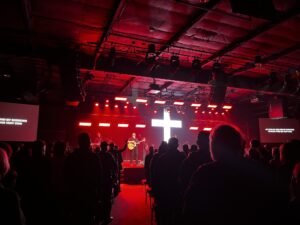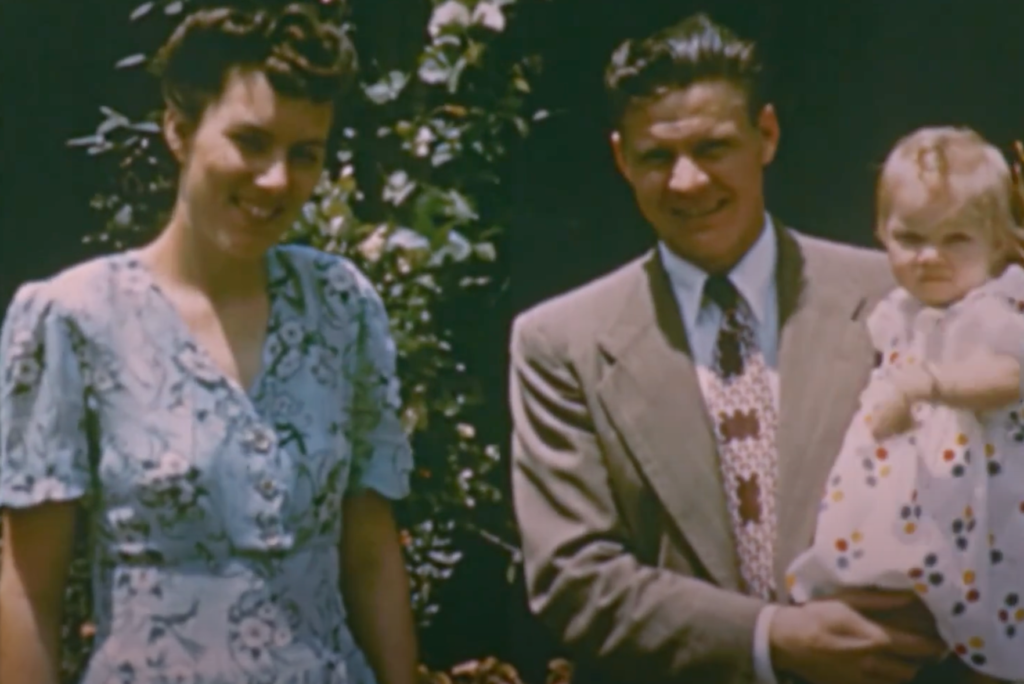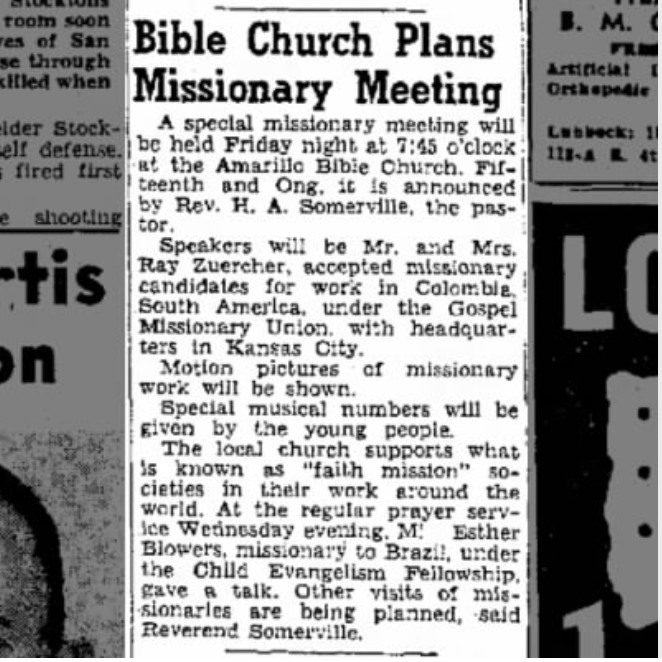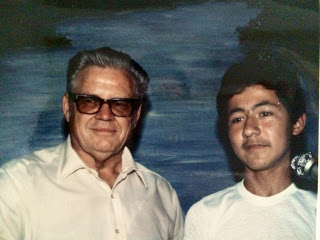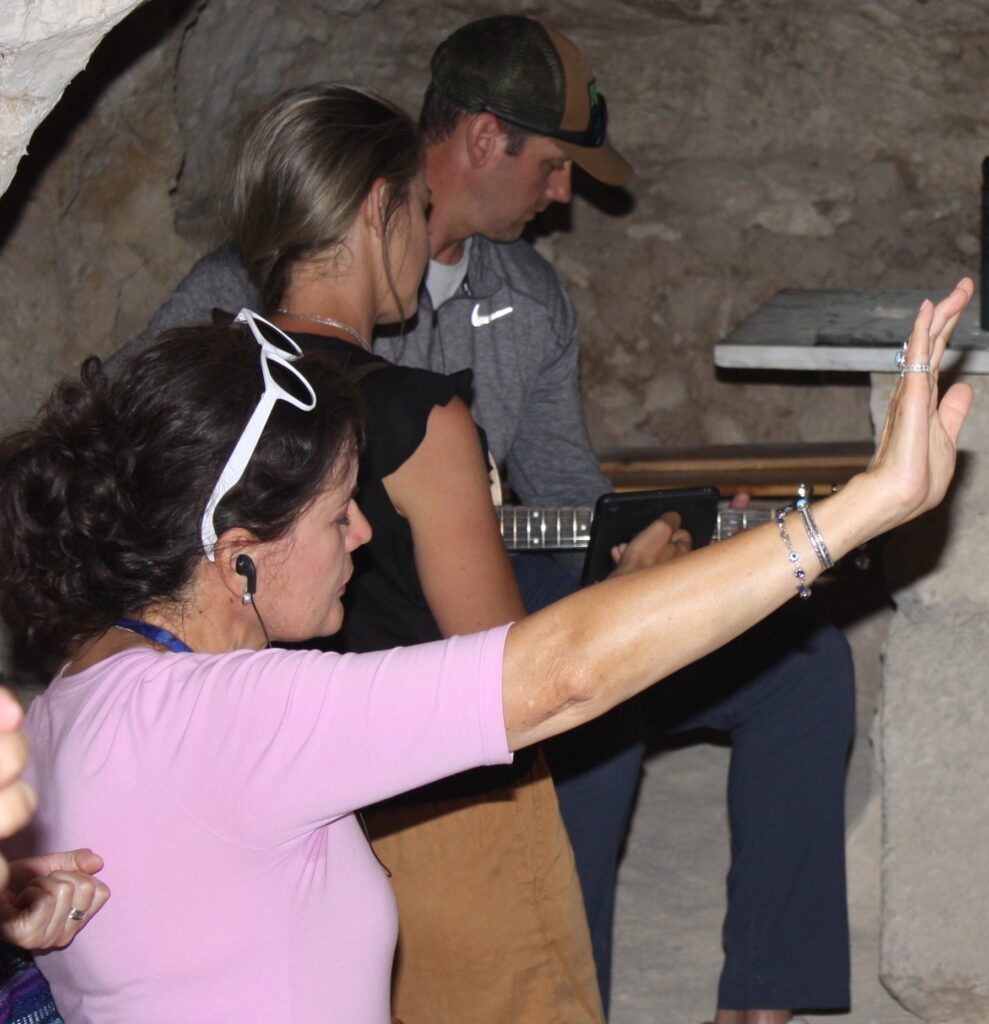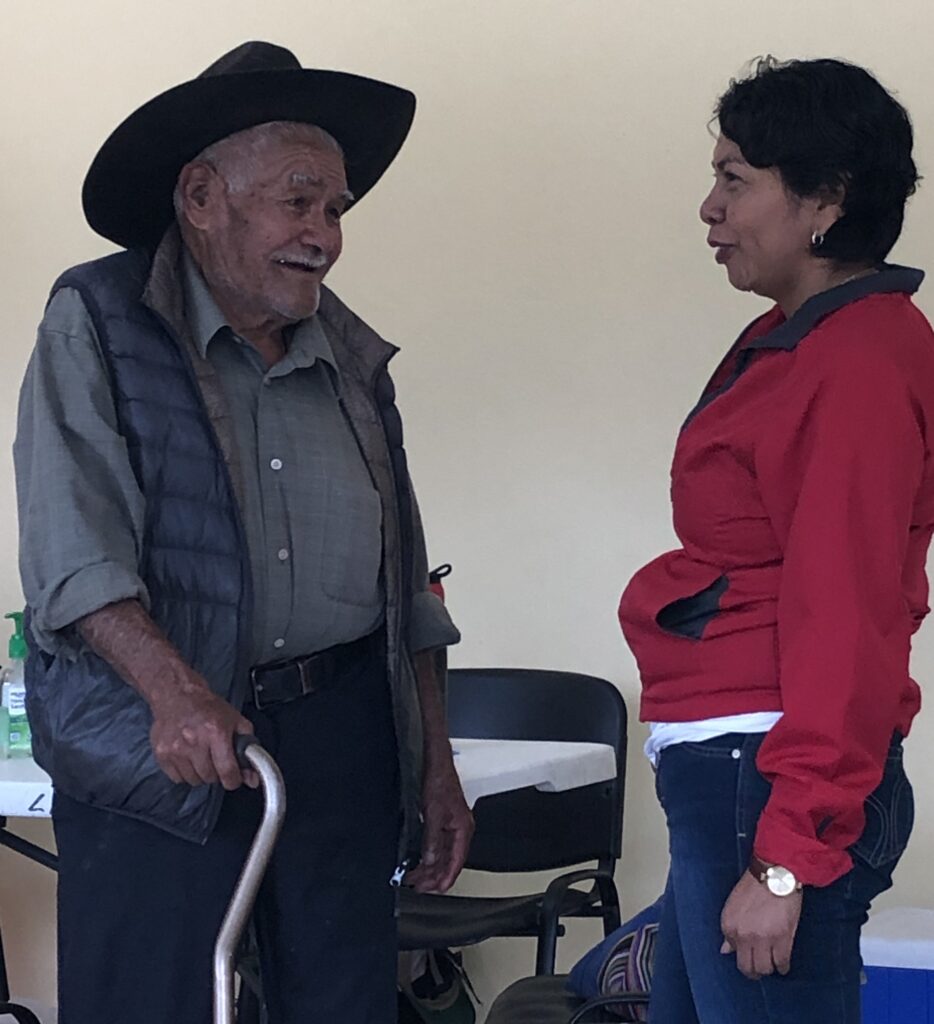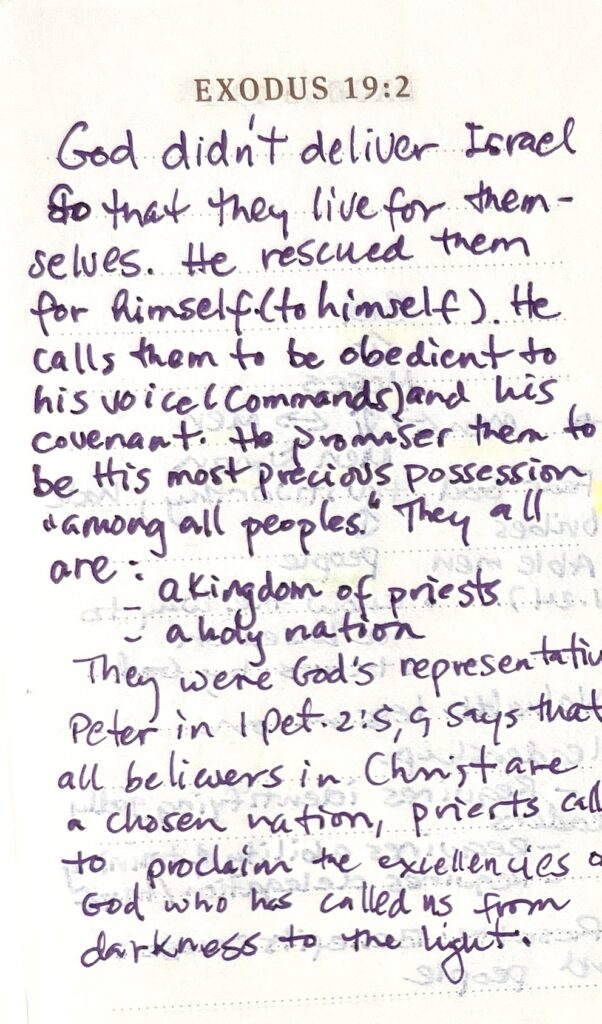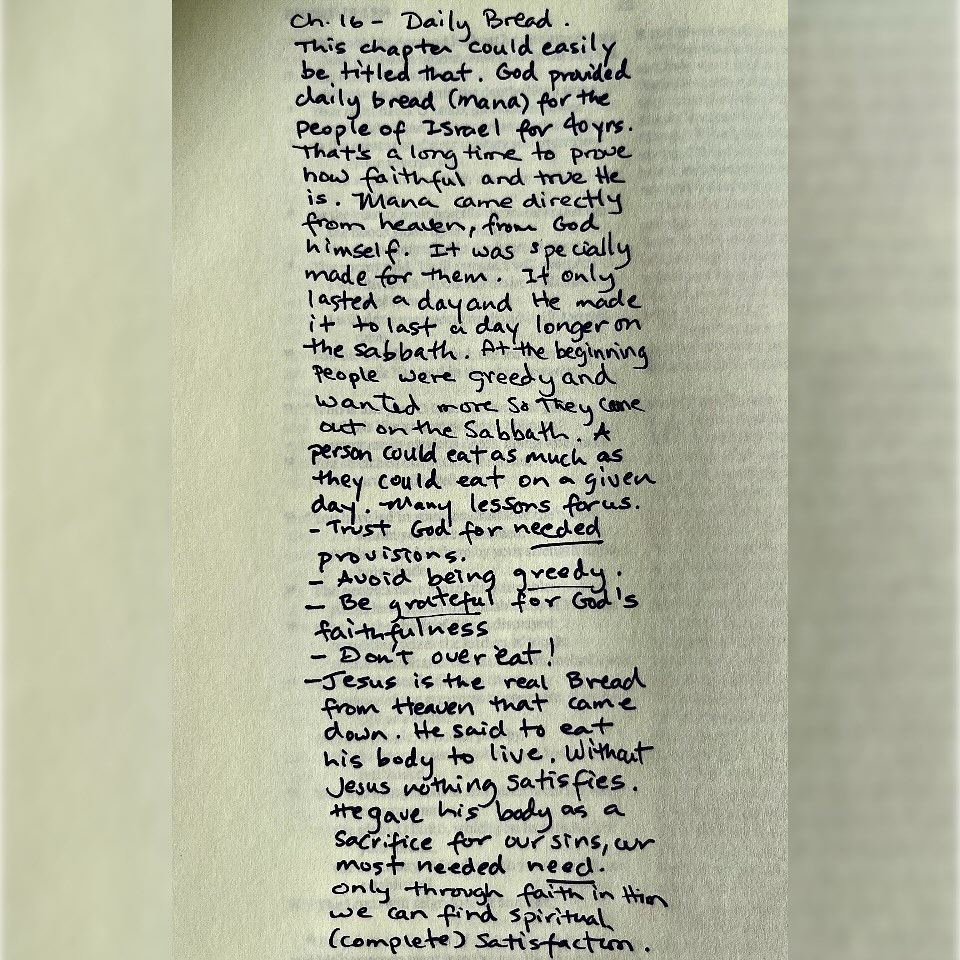Honrando a nuestros Padres
Uno de los valores que ha sido parte de nuestra cultura hispana es honrar a nuestros padres. La honra muchas veces se miraba en el respeto y reverencia hacía los padres. Muchos de nosotros podemos atestiguar que esta era una práctica en nuestros casos. Los hijos siempre mostraban este respeto en su manera de hablar y tratar a sus padres. Aun hoy, lo puedo ver en la manera que mi esposa habla a su mamá que tiene más de ochenta años. A menudo, tenemos que recordar a nuestra hija de catorce años que debe honrarnos y obedecernos, y usamos este ejemplo para mostrarle cómo debe de realizarse. Por supuesto, cuando éramos niños estábamos también obligados a obedecerles. Desafortunadamente este valor ya ha sido erradicado por la cultura moderna. ¿Vale la pena enseñar esto a nuestros hijos?
Este valor no es meramente cultural. No hay lugar a duda que esto surgió de lo que la Biblia enseña, en particular uno de los diez mandamientos. En Éxodo 20, Dios les da el decálogo al pueblo de Israel que contiene las diez palabras o diez mandamientos. El quinto mandamiento es el primero que tiene que ver con las relaciones y en particular con nuestros padres. ¿Porqué? Porque Dios estableció a la familia como el fundamento más básico de la sociedad. Dios quien diseño la familia como un reflejo de la Trinidad, nos manda a honrar a los que Dios ha puesto como padre y madre en el hogar.
“Honra a tu padre y a tu madre, para que tus días se alarguen en la tierra que Jehová tu Dios te da.” Éxodo 20:12
Este mandamiento se repite en el Nuevo Testamento,
“Hijos, obedeced en el Señor a vuestros padres, porque esto es justo. 2 Honra a tu padre y a tu madre, que es el primer mandamiento con promesa; 3 para que te vaya bien, y seas de larga vida sobre la tierra.”
El mandato dado por Dios en Éxodo es realmente dirigido a los adultos. Por supuesto que aplica a los niños menores de edad (en ese entonces menor 12 años). Honrar es de toda la vida y aun en la vejez.
¿Qué es honrar?
La palabra que se usa para “honrar” significa sentir peso o valorar, honorable, estimar, darles reconocimiento o preferencia. La palabra se usa tanto para Dios como para personas. Honrar significa darles el honor, la estima, preferencia o dar reconocimiento tanto al padre como a la madre.
Honra también envuelve es de darles reverencia por el hecho de que Dios los escogió para ser nuestros padres. Ellos han sido asignados por nuestro Dios santo (que merece también reverencia). Dios no los escogió porque eran perfectos sino porque esta fue su voluntad y su plan. Y como es la voluntad de Dios, debemos honrarles, reverenciarles como él nos manda.
En Levítico 19:3 dice, “Cada uno temerá a su madre y a su padre”.
La idea de honra también se extiende a ayudar a los padres cuando son ancianos. Esto es apoyado por lo que el Señor dijo en Mateo 15:3-6 cuando corrigió a los líderes religiosos de desobedecer el mandato. Ellos habían creado una excusa para no honrar (ayudar económicamente) a los padres ofreciendo esos fondos a Dios en el templo. Pablo también dice en 1 Timoteo 5:16 que los hijos deben apoyar a sus mamás que eran viudas. Así que honra puede entenderse cómo proveer ayuda económica
La promesa
Este mandato, dice San Pablo es el primero con promesa. Es el único en la Biblia que lleva una promesa. ¿Cuál es la promesa? Es una vida larga. Esto parece ser algo raro. La promesa en sí no algo mecánico que sucede. La promesa de vida larga está vinculada con la honra a los padres, es decir en el valor que le damos a la instrucción y guía de ellos.
Este mandamiento es como si Dios nos está diciendo que tan importante es. Primero, nos promete calidad de vida, “para que te vaya bien.” Nuestra vida será una buena vida si honramos (y obedecemos) a nuestros padres. Segundo, nos promete largura de vida, “y seas de larga vida sobre la tierra.” Podríamos decir que, como consecuencia natural, el hijo obediente vivirá largamente porque aprenderá mucho de cómo vivir la vida. Se puede decir también que una sociedad que valora a sus ancianos y los honra no solo les ayuda a ellos a vivir más siendo cuidados sino también que fomenta valores que ayudarán a toda la comunidad.
Las consecuencias de no obedecer el mandato
Es muy notable que las consecuencias por la desobediencia o deshonra de los padres para el pueblo de Dios Israel era muy severas. La Ley del Antiguo Testamento, dice que cualquiera que golpeara a su madre o padre era considerado digno de la pena capital (Éxodo 21:15). No solo esto sino cualquiera que maldijera a su padre o madre llevaría la misma pena (Éxodo 21:17; 17), su sangre sería sobre él (Levítico 20:9). De igual manera era el hijo rebelde que rehusaba obedecer a sus padres (Deuteronomio 21:18-21). Aunque estas leyes no aplican a nosotros, podemos entender y ver la seriedad de la desobediencia al mandato. Sin embargo, Proverbios 20:20 nos advierte que los hijos que no honran a sus padres tendrán una mala vida. Una de las características de los últimos tiempos según 2 Timoteo 3:2 es la desobediencia a los padres. El fundamento de la familia está siendo erosionado más y más.
¿Cómo comenzar a practicar este mandato?
La obediencia como acto de honra es hasta que el hijo o la hija son mayor de edad. Esto quiere decir que, aunque los hijos deben honrar a sus padres escuchándolos cuando ellos les aconsejan, no quiere decir que los padres mandan a sus hijos como antes, especialmente cuando son mayores de edad y/o están casados.
Si tus padres ya son mayores, debes mostrarles el respeto que merecen. No les reproches nada, ni les trates mal. Segundo, muéstrales amor. Si no viven contigo mantén comunicación con ellos llamándoles una vez por semana y mantente al tanto en sus necesidades. ¡Dales las gracias por lo que hicieron por ti y diles que les quieres! Ofrece ayuda en algo, cuidado de su casa, ir a citas médicas. Tercero, si necesitan ayuda económica, ayúdales. Si no necesitan ayuda material o económica, dales gracias por lo que han hecho e hicieron por ti.
Si eres papá o mamá y tienes hijos menores de edad enséñales que esto es lo que les manda a ellos y muéstrales tu ejemplo honrando a tu padre y madre. Además, enséñales a ser obedientes. La Escritura insta a los hijos a ser obedientes a la instrucción del padre (Prov. 3:1-2). Enséñales que deben obedecer a Dios comenzando con creer en Cristo como Señor y Salvador. Segundo, deben obedecer lo que él nos manda a todos hacer y entre estos mandatos está el honrar a los padres. Se ejemplo para ellos en tu obediencia a Dios especialmente en cómo honras a tus padres mayores.
Si desea escuchar un sermón sobre este tema puede hacerlo pulsando aquí.
